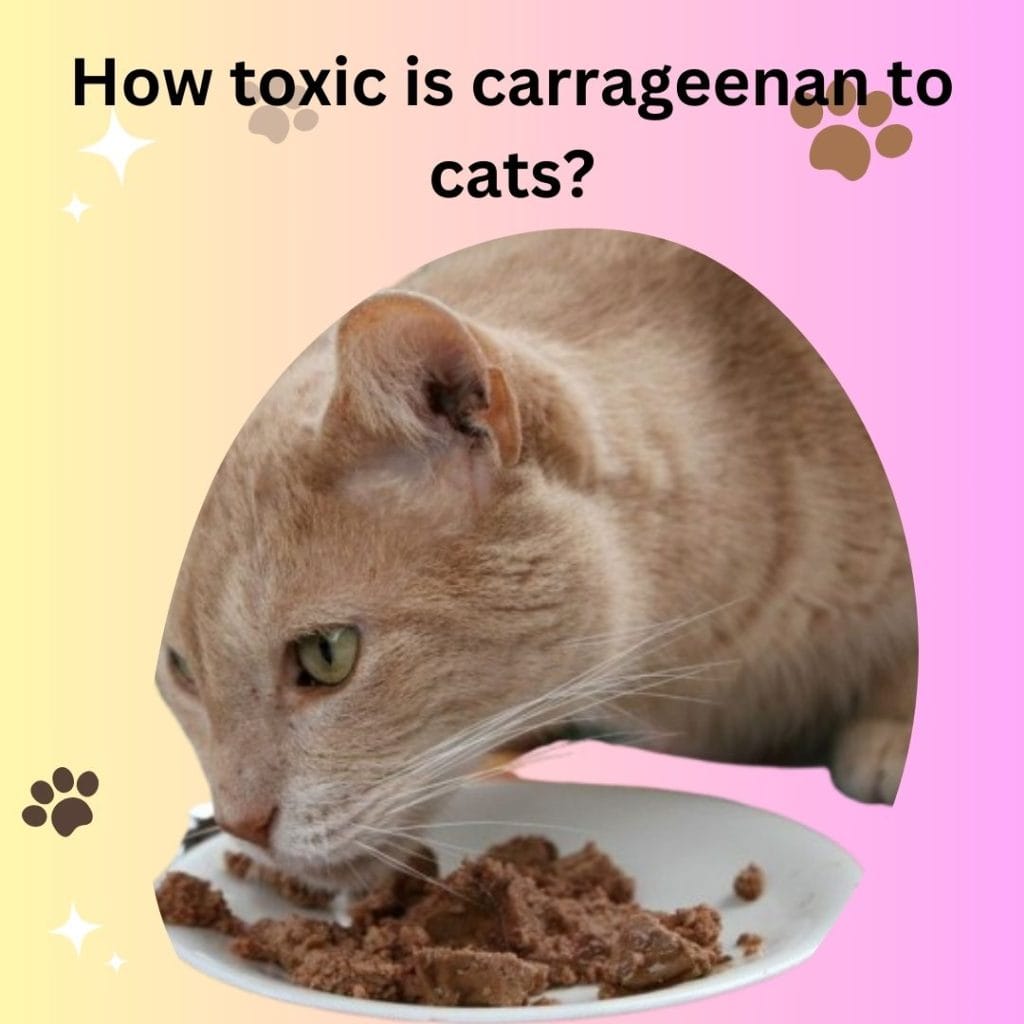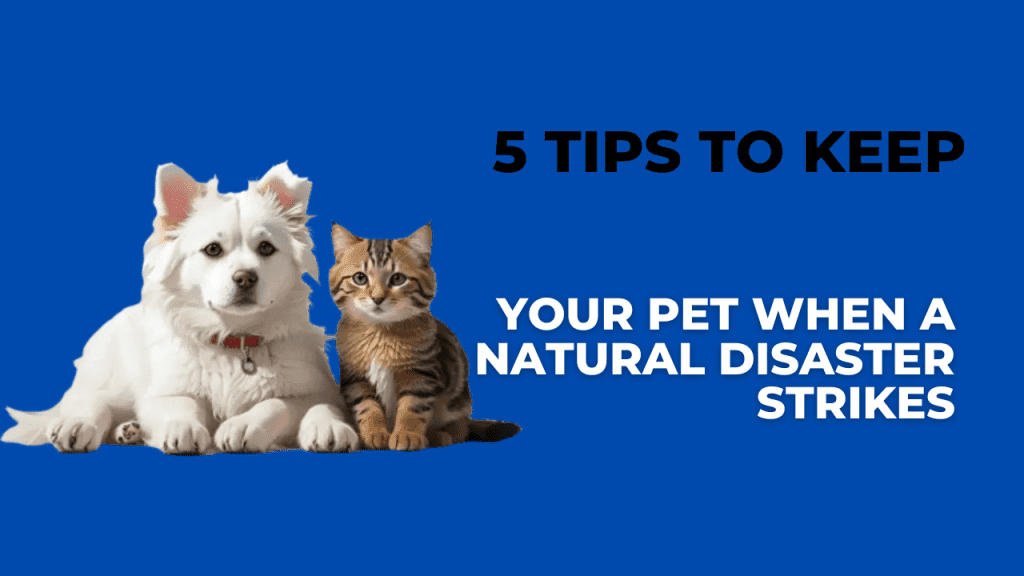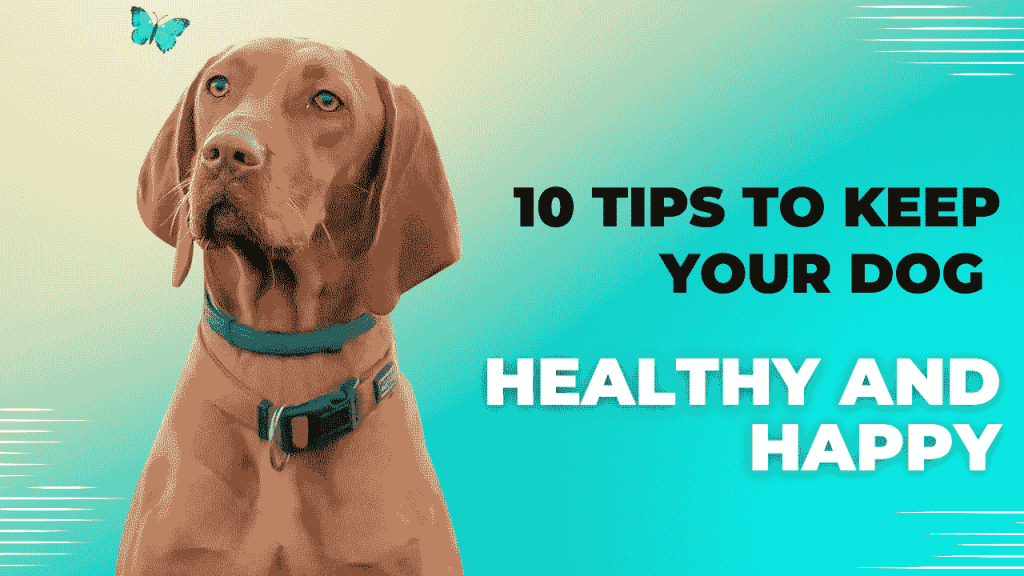The right cat food for optimal health health and weight ingredients
Choosing the right cat food is crucial for maintaining your cat’s optimal health and weight. Here are some tips on the best ingredients to look for in cat food for both health and weight management:
Key Ingredients for Optimal Health:
- High-Quality Animal Protein:
- Cats are obligate carnivores, meaning they need a diet rich in animal protein. Look for sources like chicken, turkey, fish, beef, or lamb.
- Avoid foods with vague labels like “meat by-products” or “animal meal.”
- Essential Fats (Omega-3 & Omega-6):
- Fats from animal sources like chicken fat or fish oil are great for maintaining a shiny coat and healthy skin.
- Omega-3 fatty acids (from fish oil or flaxseed) also help with joint health and reduce inflammation.
- Low Carbohydrates:
- Cats don’t require many carbohydrates, and too many can lead to weight gain. Opt for foods with fewer grains or starches (corn, wheat, or soy) and more whole vegetables like peas or sweet potatoes for fibre.
- Taurine:
- Taurine is an essential amino acid for cats, required for heart health, vision, and overall well-being. Ensure it’s included in your cat’s food.
- Moisture:
- Wet food is often better for maintaining hydration, which supports urinary tract health. Canned food or even adding a bit of water to dry kibble can help.
Ingredients for Weight Control:
- Lean Protein:
- Look for chicken or turkey as primary ingredients, which offer high protein with less fat.
- Avoid foods that are high in fat unless the cat needs extra calories (e.g., during illness or pregnancy).
- L-Carnitine:
- This is an amino acid often added to weight-management cat foods. It helps with fat metabolism, helping cats lose weight more efficiently.
- Fiber-Rich Ingredients:
- Ingredients like pumpkin or chicory root can help keep your cat full without extra calories. They also support digestion and promote a healthy gut.
- Controlled Fat Content:
- Weight-management formulas usually contain less fat. Look for food with 10-12% fat content for overweight cats, as opposed to 15-20% in regular food.
- Balanced Nutrients:
- Ensure the food has all the necessary vitamins and minerals, including vitamin E, zinc, and selenium, to keep your cat’s immune system strong while losing weight.
Tips:
- Portion Control: Measure your cat’s food and avoid free-feeding. Use the feeding guide on the packaging and adjust as needed.
- Check for Artificial Additives: Avoid foods with artificial colours, flavours, or preservatives, as these may have negative effects on long-term health.
Would you like recommendations for specific brands or further advice on transitioning to a new diet for your cat?
Choosing the Right Cat Food for Optimal Health
Choosing the right cat food is essential for your cat’s overall health and well-being. Cats have unique dietary needs that must be met to keep them healthy, active, and happy. Here are key factors to consider when selecting the best food for your cat:
1. Understand Cat Nutritional Needs
Cats are obligate carnivores, meaning they need a diet rich in animal-based proteins to thrive. Essential nutrients for cats include:
- Taurine: Critical for heart function, vision, and reproduction.
- Arachidonic Acid: A fatty acid necessary for skin and coat health.
- Vitamin A: Important for vision and immune function.
- Proteins: Support growth, muscle maintenance, and tissue repair.
- Fats: Provide energy and help absorb fat-soluble vitamins.
2. Wet vs. Dry Cat Food
- Wet Cat Food: Contains higher moisture content, which helps with hydration, especially for cats that don’t drink enough water. It’s often more palatable and beneficial for urinary tract health.
- Dry Cat Food: Convenient, and promotes dental health by reducing plaque, but it contains less moisture. Cats eating dry food should drink plenty of water.
- Combination Diet: Offering both wet and dry food can balance nutrition and hydration.
3. Look for High-Quality Ingredients
- Animal Protein: Look for cat food with a named protein source (e.g., chicken, turkey, salmon) as the first ingredient.
- Limited Fillers: Avoid excessive fillers like corn, wheat, or soy, which offer little nutritional value.
- Natural Ingredients: Foods with fewer artificial preservatives, colours, and flavours are preferable.
4. Consider Your Cat’s Life Stage
- Kittens: Need a food with higher calories, protein, and fat to support growth and development.
- Adult Cats: Require a balanced diet to maintain their energy levels and overall health.
- Senior Cats: May benefit from food with lower calories but higher levels of certain nutrients like antioxidants and omega-3 fatty acids for joint and cognitive health.
5. Special Dietary Needs Cat Food
- Weight Control: Some cats may require low-calorie diets to prevent obesity.
- Sensitive Stomach or Allergies: Look for limited ingredient diets or hypoallergenic foods.
- Health Conditions: Cats with conditions like diabetes, kidney disease, or urinary tract issues may need prescription or special formula diets.
6. Consult Your Veterinarian
Always consult with your veterinarian before making significant changes to your cat’s diet, especially if your cat has health issues or special needs. Your vet can recommend specific brands or formulations that suit your cat’s condition.
7. Reading Labels
- Guaranteed Analysis: Check for the percentages of crude protein, fat, fiber, and moisture. Higher protein levels are better for cats.
- AAFCO Statement: Ensure the food meets the standards set by the Association of American Feed Control Officials (AAFCO) for complete and balanced nutrition.
8. Avoiding Common Pitfalls
- Too Many Treats: Treats should be limited to prevent overfeeding or unbalanced nutrition.
- Grain-Free Diets: While grain-free options are popular, recent studies suggest a potential link between grain-free diets and heart disease in pets. Consult your vet before switching to a grain-free formula.
9. Brand Reputation and Recalls
Choose cat food from reputable brands with a history of safety and quality. Check if the brand has had frequent recalls and avoid those with questionable safety records.
By selecting high-quality, well-balanced cat food that meets your cat’s specific life stage and health needs, you can ensure your feline friend stays healthy, happy, and active for years to come.
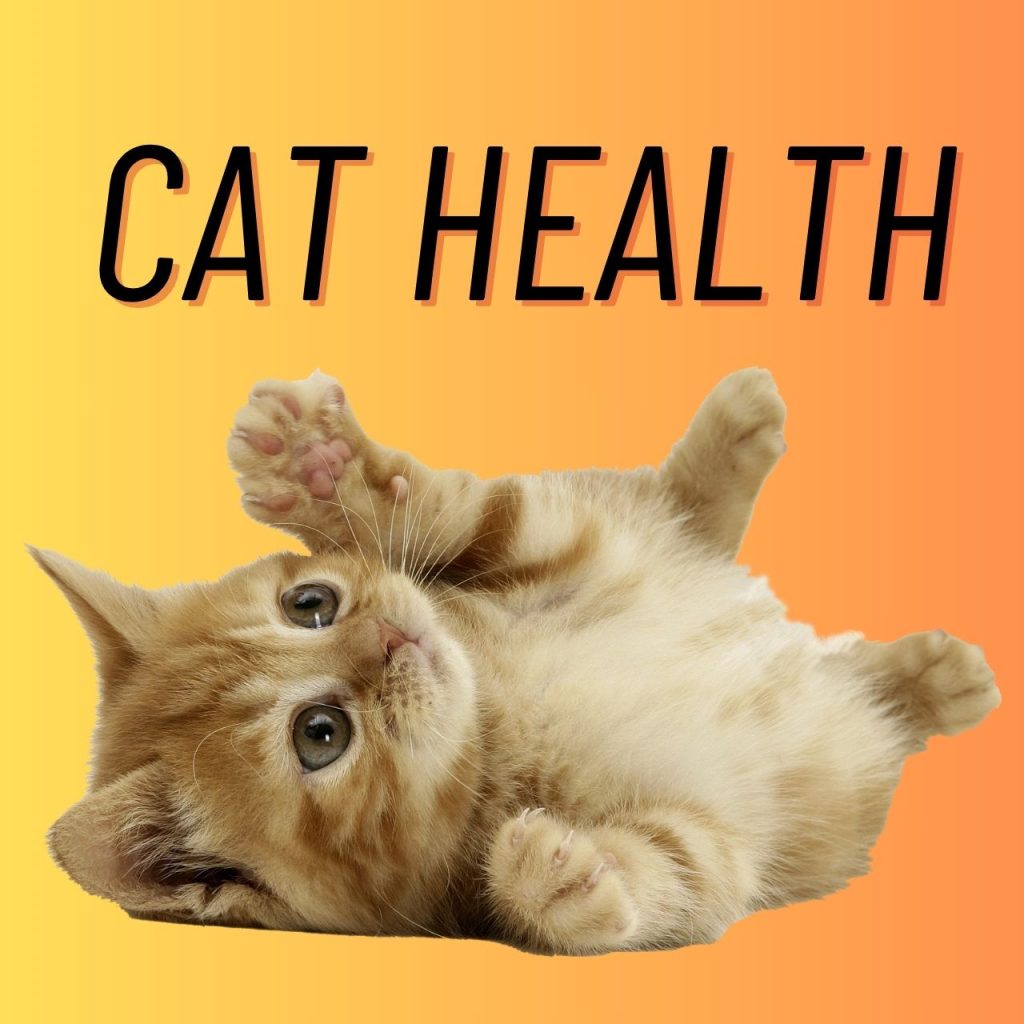
What should I feed my cat for optimal health?
For optimal health, feed your cat a balanced diet that meets their nutritional needs as an obligate carnivore. Here’s what you should focus on:
1. High-Quality Animal Protein
- Look for food with animal-based proteins like chicken, turkey, or salmon as the primary ingredient.
- Avoid plant-based proteins, as cats need animal proteins for vital nutrients like taurine.
2. Balanced Nutrients
- Taurine: Essential for heart health and vision.
- Omega-3 & Omega-6 Fatty Acids: Promote skin and coat health.
- Vitamins & Minerals: Ensure the food includes vitamin A, vitamin D, and minerals like calcium and phosphorus for bone and overall health.
3. Wet and Dry Food Combination
- Wet Food: Helps with hydration, especially for cats prone to urinary or kidney issues.
- Dry Food: Convenient and good for dental health. Ensure your cat drinks enough water.
4. Tailored to Life Stage Cat Food
- Kittens: Need higher protein and calorie intake for growth.
- Adult Cats: Require balanced maintenance formulas.
- Senior Cats: May need food with extra nutrients for joint health and lower calories to maintain weight.
5. Hydration
- Make sure your cat has access to fresh water, especially if their diet includes dry food.
6. Avoid Fillers and Artificial Ingredients
- Avoid foods with fillers like corn, wheat, soy, and artificial preservatives or colors.
7. Special Diets (If Needed)
- If your cat has specific health issues (e.g., allergies, weight management, or urinary problems), consult your vet for special prescription diets.
A balanced, protein-rich diet with proper hydration will help maintain your cat’s optimal health.
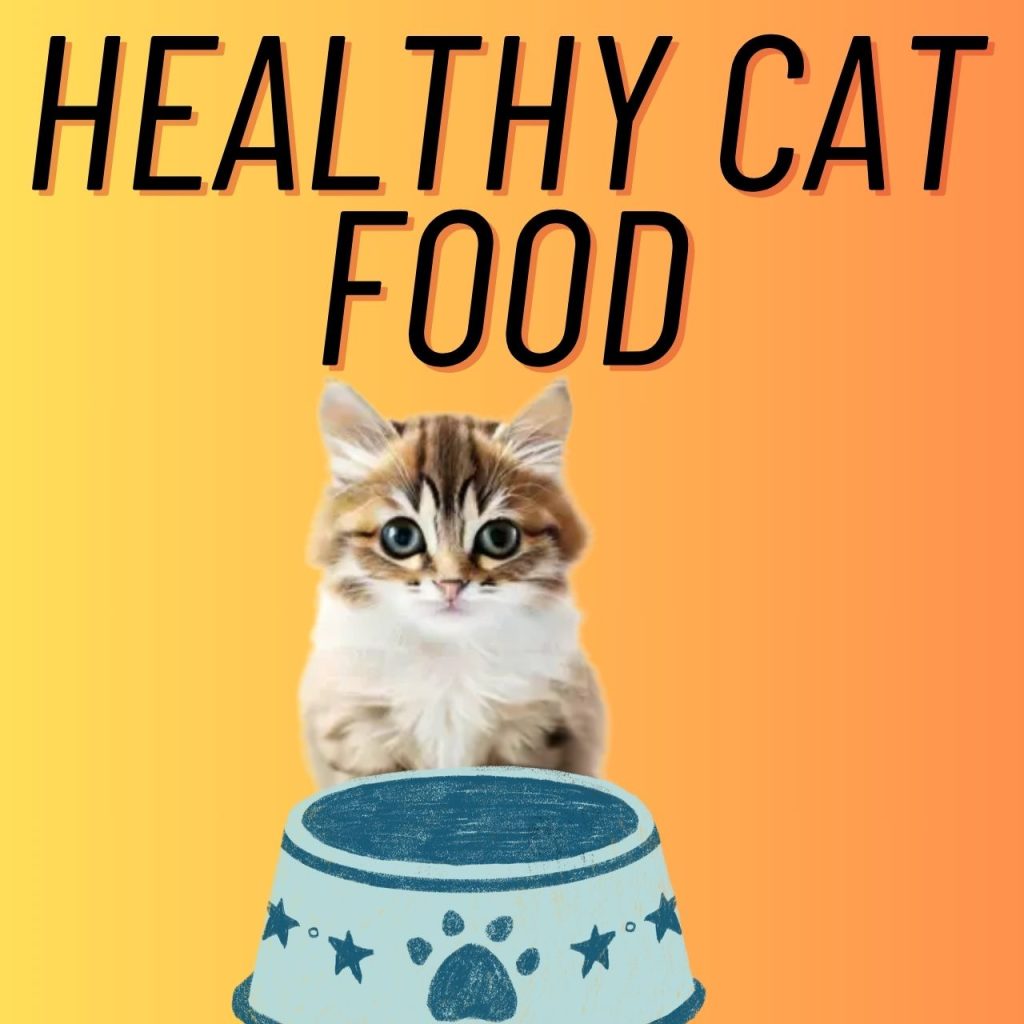

Table of Contents
Toggle
